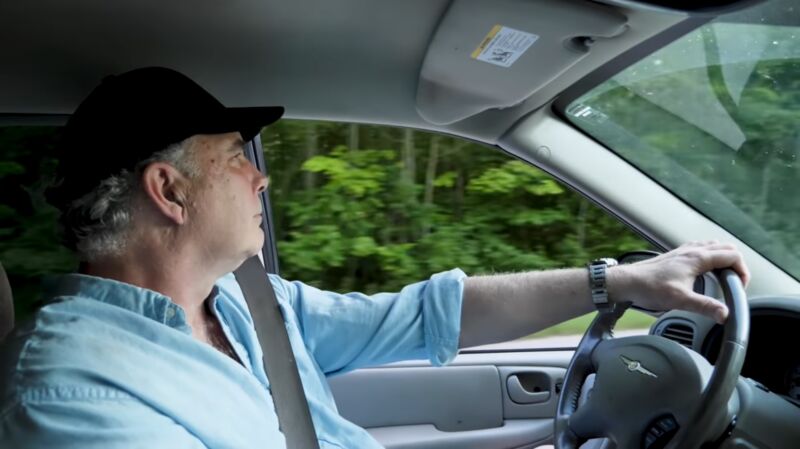Michael Moore’s green energy takedown—worse than Netflix’s Goop series?
Ars Technica » Scientific Method 2020-04-28

Enlarge / It's unclear where Jeff Gibbs is going in this scene, but that's also true for the film as a whole. (credit: Planet of the Humans)
Let’s say you want to make a documentary about a complex and important topic. You could spend a lot of time on research—developing a complete picture of things, identifying scientists to interview, and figuring out how to give viewers the context necessary to understand the most nuanced issues. Or, you could just go point your camera at stuff until you have an hour and 40 minutes of footage, lay down a voiceover, upload that baby to YouTube, and call it a day.
Planet of the Humans, a documentary made by Jeff Gibbs and Michael Moore, falls into the latter category.
The topic of the film—released on YouTube just before Earth Day to throw shade on what it views as a corporate takeover of the day—is green energy. But if you’re thinking you might learn something about green energy from a film-length treatment of the topic, think again. The basic formula is this: Gibbs reveals that he once thought renewable sources of energy were fairy-dust perfect, with no environmental impact of any kind, but he learns that there is some impact and so declares that they are as-bad or worse than fossil fuels.